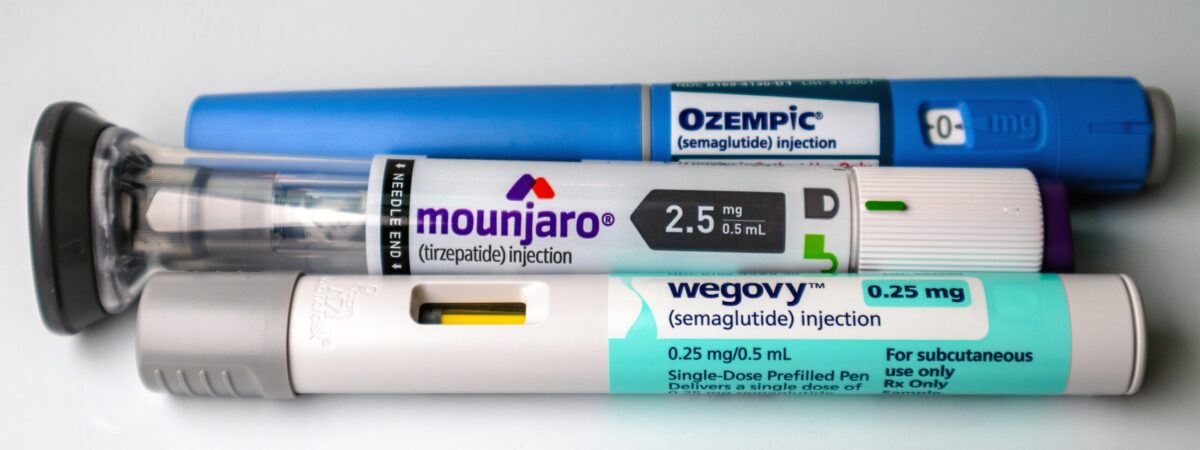The US Food and Drug Administration (FDA) has approved Alpha Cognition’s Zunveyl (benzgalantamine) for the treatment of mild-to-moderate Alzheimer’s disease (AD). Zunveyl is the second oral treatment for AD to get the green light in more than a decade. The last oral treatment approved was Aricept (donepezil HCl) in 2010, which provided a higher dose option for patients with moderate-to-severe AD.
Zunveyl stands out because it addresses a common problem with Alzheimer’s disease medications: side effects. Many Alzheimer’s patients stop taking their meds because of issues like nausea and insomnia, with more than half discontinuing within a year. Zunveyl’s innovative design reduces common side effects found with other medications by preventing the drug from being absorbed in the stomach and intestines.
Zunveyl is a prodrug of galantamine, meaning it is converted into the active drug galantamine once it passes through the stomach and intestines. Galantamine works by blocking an enzyme that breaks down acetylcholine, a chemical in the brain important for memory and learning. Additionally, Zunveyl helps release more acetylcholine by acting on specific receptors in the brain. This dual mechanism aims to improve cognitive function and daily living activities for those affected by Alzheimer’s.
In a press release announcing Zunveyl’s approval, Dr. Elaine Peskind from the University of Washington School of Medicine noted, “To now have an agent with the efficacy of galantamine, but that also offers the hope of better tolerability, will provide physicians a great option to treat patients.”
Zunveyl’s FDA approval was based on studies showing its effectiveness and more favorable side effect profile compared to existing galantamine medications. In these studies, fewer than two percent of patients experienced stomach issues, and no patients reported insomnia.
Michael McFadden, CEO of Alpha Cognition, said: “Zunveyl was designed to addresses a critical need for a tolerable and effective treatment that can potentially enhance patients’ daily lives with improved long-term outcomes.”
AD is a progressive neurological condition that affects almost 7 million people in the US. It is a major reason for nursing home admissions and deaths, as 70 percent of residents have Alzheimer’s.
Even with recent declines in incidence rates due to better management of risk factors like hypertension and education, the absolute number of cases of AD is likely to rise. Additionally, a significant portion of those with Alzheimer’s and other dementias remain undiagnosed, especially in primary care settings, delaying access to treatment and care planning.
According to 2024 Alzheimer’s Disease facts and figures, in 2023, 11.5 million caregivers provided 18.4 billion hours of unpaid care for people with Alzheimer’s, averaging nearly 31 hours per caregiver per week.
Zunveyl is set to hit the market by early 2025. Alpha Cognition said it is partnering with healthcare providers, insurers and patient advocacy groups to ensure the drug will be widely available.
This summer has seen new developments on the Alzheimer’s disease treatment horizon, including new trial data for glucagon-like peptide 1 (GLP-1) drug liraglutide and novel blood tests for diagnosis.
Recent data from Phase IIb trials showed that liraglutide, used for diabetes and weight loss, can reduce brain shrinkage by nearly 50 percent and slow cognitive decline by 18 percent compared to placebo.
New blood tests presented at Association International Conference (AAIC) 2024 demonstrated 90 percent accuracy in detecting Alzheimer’s in patients with cognitive symptoms. These blood tests could improve diagnosis, speed up clinical trial recruitment and reduce wait times for treatment.












Join or login to leave a comment
JOIN LOGIN